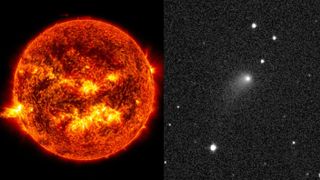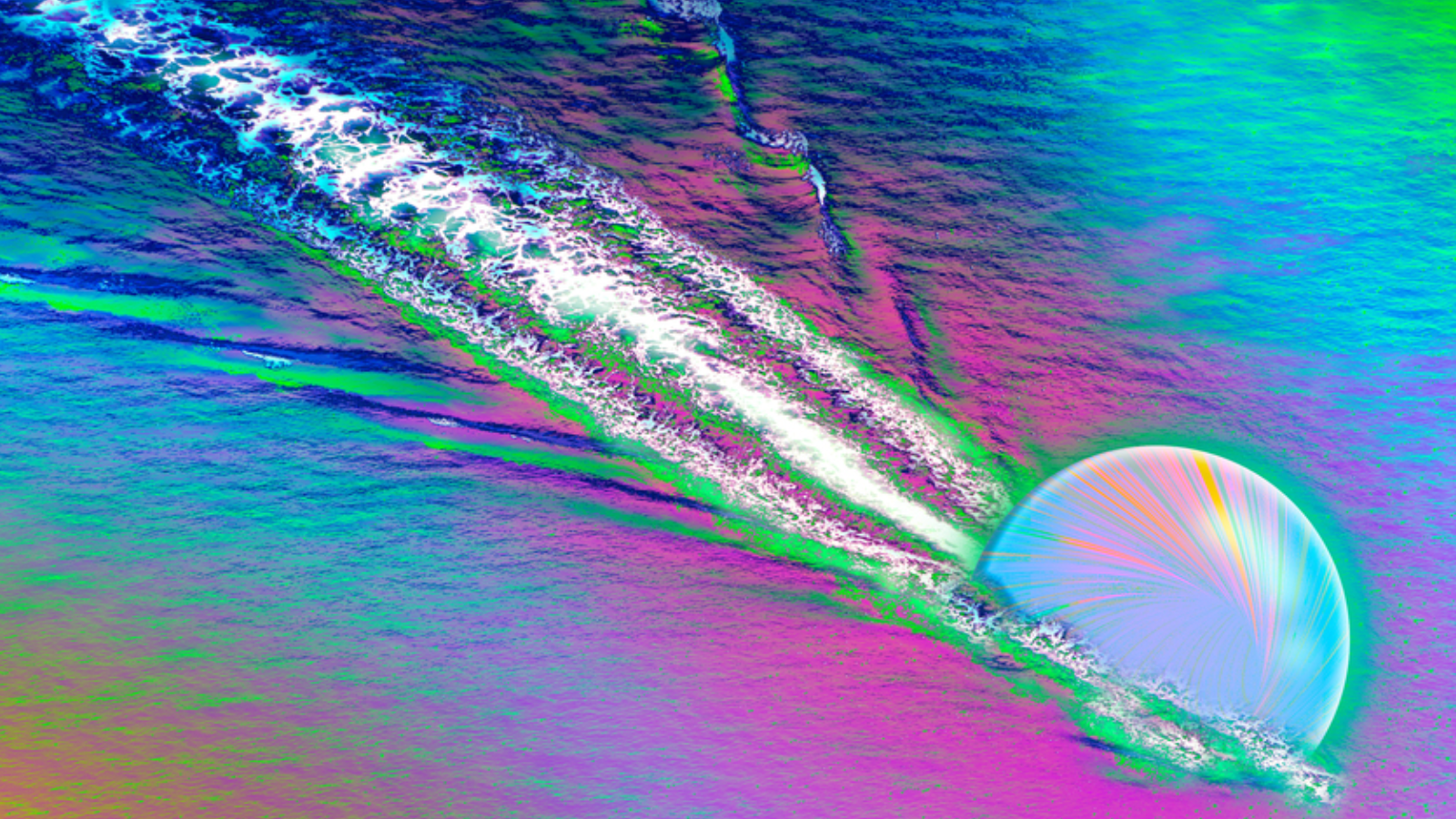Astronomy
Explore Astronomy
Latest about Astronomy
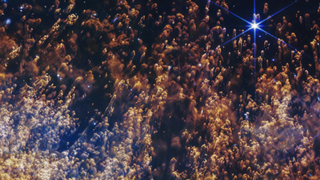
'Eye of God' nebula looks like a cosmic lava lamp in new James Webb Space Telescope image
By Robert Lea published
It may be one of the most iconic sights in the night sky, but astronomers have never seen the Helix Nebula like this before.
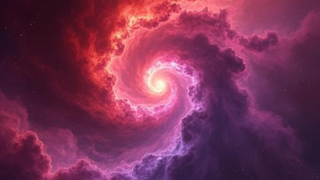
You're getting warmer! Hot dark matter could refine cosmic game of hide and seek
By Robert Lea published
"Dark matter can be red hot when it is born, but still have time to cool down before galaxies begin to form."
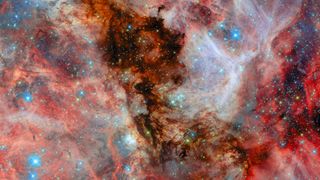
Hubble sees baby stars in Large Magellanic Cloud | Space photo of the day for Jan. 21, 2026
By Kenna Hughes-Castleberry published
The Large Magellanic Cloud, or LMC, is a key spot for astronomers to study star formation.
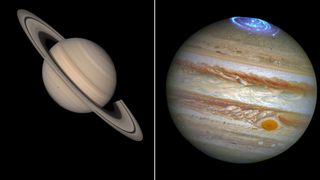
Mysterious polar weather on Jupiter and Saturn could be key to understanding their insides
By Robert Lea published
"I don't think anyone's made this connection between the surface fluid pattern and the interior properties of these planets."
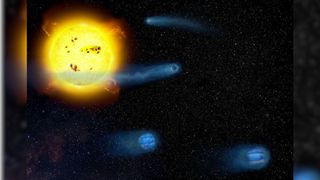
How to make a super-Earth: The universe's most common planets are whittled down by stellar radiation
By Keith Cooper published
The origin of super-Earths and sub-Neptunes has been revealed in a system of four young planets that are dramatically losing their thick atmospheres.
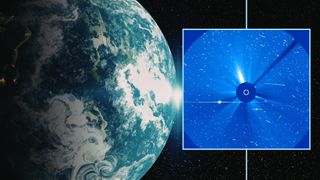
Earth was just hit by the strongest solar radiation storm in over 20 years — here's what it means
By Daisy Dobrijevic published
Earth just experienced a rare S4 solar radiation storm, the most intense since 2003 — powerful for satellites and astronauts, but harmless on the ground.
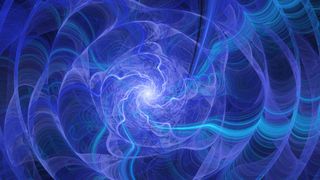
Universal truths: Astronomy's deepest theories quiz
By Kenna Hughes-Castleberry published
Test your grasp of the forces and ideas that shape our universe.
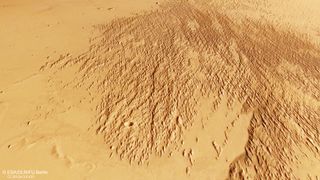
Mars orbiter sees odd etchings in the sand | Space photo of the day for Jan. 20, 2025
By Kenna Hughes-Castleberry published
Even though the Red Planet's atmosphere is thin, wind is still one of Mars' most relentless sculptors.
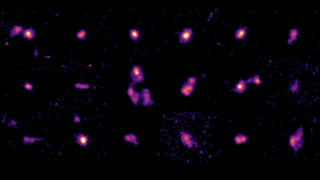
James Webb Space Telescope discovers young galaxies age rapidly: 'It's like seeing 2-year-old children act like teenagers'
By Robert Lea published
"The knowledge of these will ultimately help us understand the formation of the first stars and planets and how our own Milky Way came into being."
Breaking space news, the latest updates on rocket launches, skywatching events and more!
